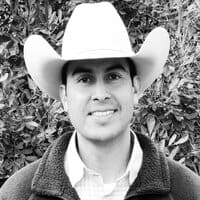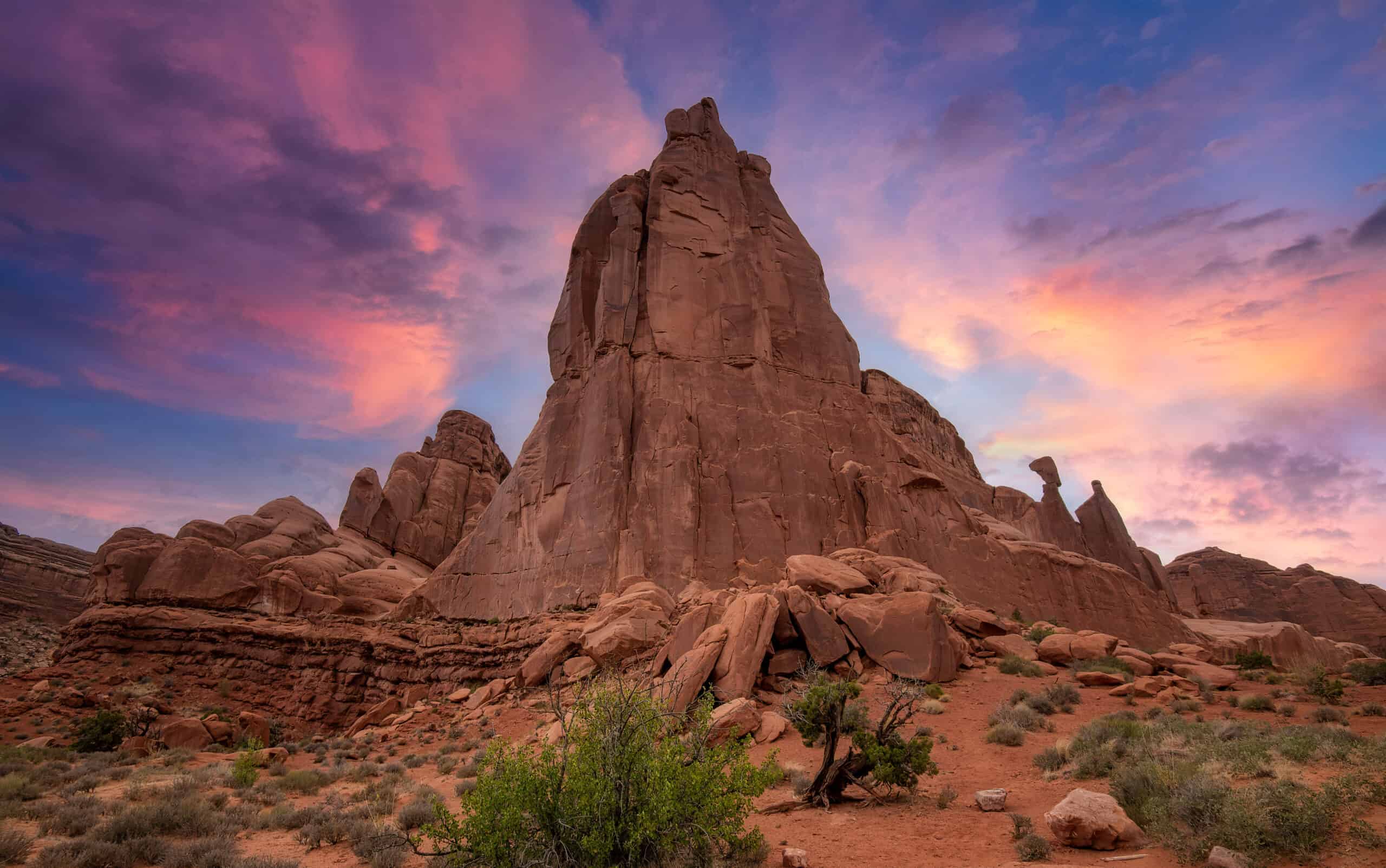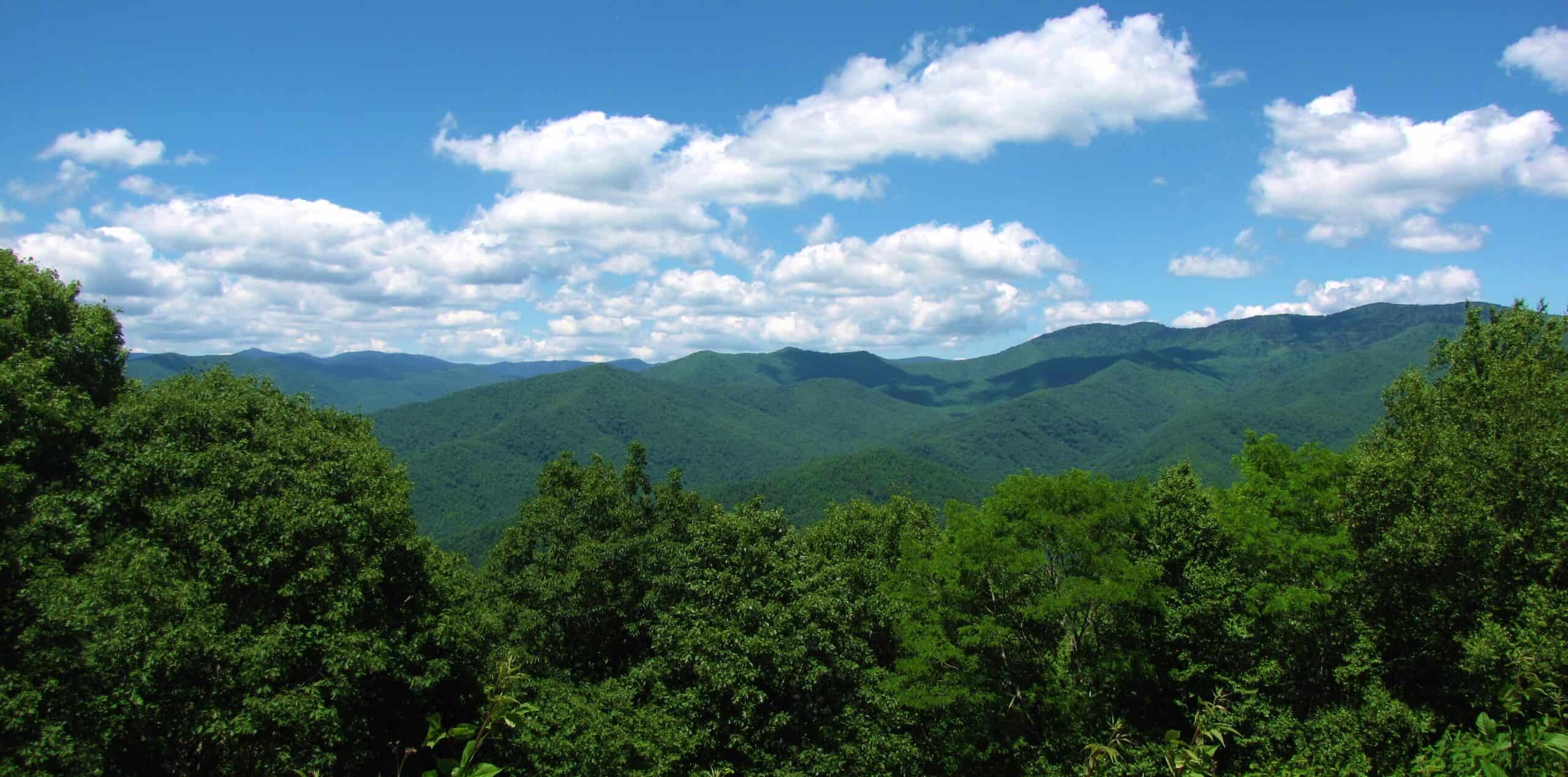Share this article
2023 TWS Elections: Vice President
This year’s nominees for vice president of TWS are Fidel Hernández and Paul Johansen
The Wildlife Society is led by an elected Council composed of a president, president-elect, vice president, immediate past president, and eight representatives (one from each identified voting district).
The ballot for The Wildlife Society’s 2023 elections includes nominees for the position of vice president. TWS’ vice president serves for one year in this position before automatically progressing on to subsequent one-year terms as president-elect, president and immediate past president. The incumbent will fulfil a total of four years on Council.
Additional nominees for this position may be submitted to the CEO by any voting member in good standing, if supported in writing by at least 5% of active members (approximately 550 individuals). The deadline for additional nominations is May 14, 2023.
Electronic ballots will be sent June 1 to all active members with an email address. Members without an email address will receive a paper ballot in the mail. Voting will close June 30. Mailed paper ballots must be postmarked on or before June 30. In accordance with TWS’ Bylaws, newly elected council members are scheduled to be installed at the next regular meeting of Council during the 30th Annual Conference, Nov. 5 to 9, in Louisville, Kentucky.
The candidates’ statements expressing their vision for The Wildlife Society and their interest in running for this Council position along with a link to a complete biographical sketch are below.
NOMINEES FOR THE WILDLIFE SOCIETY VICE PRESIDENT
Fidel Hernández

For many wildlife professionals, The Wildlife Society is the social fabric through which our professional life unfolds. It represents the organization where we likely delivered our first scientific presentation, attended our first national conference, or met our first colleagues beyond our local social network. It often also represents the venue where we may have obtained an internship, recruited a graduate student, or discovered a career opportunity. For many of us, therefore, The Wildlife Society is the professional home through which our careers develop, and it symbolizes that constant companion accompanying us throughout our professional trajectory. For an organization that gives so much, one cannot help but desire to contribute in our own small way toward the provisioning of similar experiences for others.
One of the most rewarding experiences that TWS has afforded me has been the opportunity to serve. I have been fortunate to have served as a committee member, committee chair and officer at the various levels of TWS (state, section, and international). These learning experiences have allowed me to meet members from all walks of life and better understand the Society’s varied and diverse membership. These experiences also have provided me with a better understanding of the administrative and financial complexities of TWS and the process through which difficult decisions often are made for an organization that spans from local to international reaches. More importantly, they also have allowed me to meet and learn from the dedicated, skilled staff who commit long hours toward the continued excellence of the Society.
These formative experiences have shaped not only my career and professional outlook, but also my vision for TWS. I envision TWS to be the premier professional organization that provides excellence in natural resource science, management, education and policy for North America and beyond, while providing a professional home for a diverse and geographically broad membership where they learn, develop, network and serve. Excelling as such an organization entails many aspects including recruitment of new members, development of existing ones, nurturing of organizational subunits, fiscal growth and responsibility, engagement with conservation affairs, and many others. The sustained success of TWS therefore hinges on 3 main pillars: 1) continued and improved effort in the provisioning of services, benefits and opportunities for all members, including those affiliated to the Society only through chapters or sections, with the goal of better serving the broader membership and unifying all members; 2) enhancing the financial security of the Society through donor relations, an engaged and functioning TWS Foundation Board, and private endowments for the purposes of promoting financial sustainability of the Society and its capacity to support existing—as well as implement new, strategic—programs, benefits and initiatives; and 3) continued improvement of the role of TWS as an effective participant in policy and international arenas with the goal of augmenting the relevance of TWS, its science, and its impact to society at large.
Read Fidel Hernández’s complete biographical sketch here.
Paul R. Johansen

In today’s changing society, it is imperative the wildlife profession be prepared to address a wide range of issues and concerns (e.g., agency relevancy and effective public engagement; growing anti-management sentiment among various segments of the public; threats undermining the North American Model of Wildlife Conservation; matters relating to diversity, equity and inclusion within the profession; recruitment, retention and reactivation of hunters, anglers and other wildlife-associated recreationalists; impacts of climate change and accelerated habitat degradation; successional planning for agencies and institutions; meeting the needs of established wildlife professionals, early career professionals and students). The Wildlife Society is well-positioned to assist the wildlife profession, as we attempt to address many of these challenges. By adopting an effective and business-like approach to management, The Wildlife Society continues to improve its scientific and technical publications, networking and information dissemination capabilities, wildlife policy activities and other programs designed to support its membership in all areas of wildlife conservation, research and management. I fully endorse these initiatives, recognize their importance to our profession and pledge to explore additional means for improving organizational effectiveness and program delivery to our membership.
My vision for The Wildlife Society is straightforward. The Wildlife Society should continue to be the preeminent organization that welcomes and supports all wildlife professionals and students. To be effective, we must remain relevant to both our membership and the broader elements of society.
I am proud to be a member of The Wildlife Society. Through my previous tenure on Council, I observed our leadership consistently demonstrate commitment to the wildlife professionals we serve and the natural resources we value. Should I be elected to the office of vice president of The Wildlife Society, I will attempt to continue this fine tradition and serve to the best of my ability.
Header Image: The ballot for The Wildlife Society’s 2023 elections include two vice presidential nominees. Credit: G. Lamar








